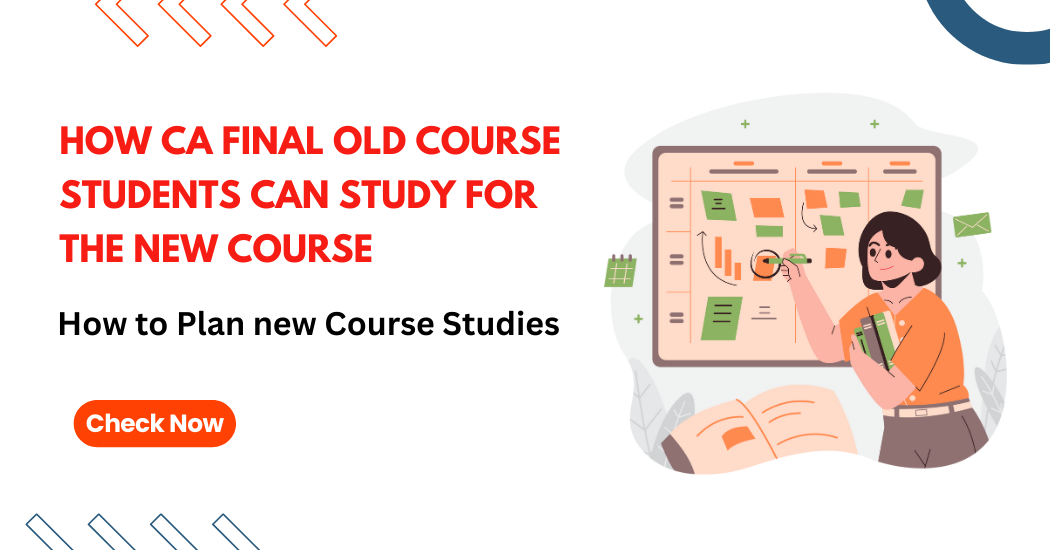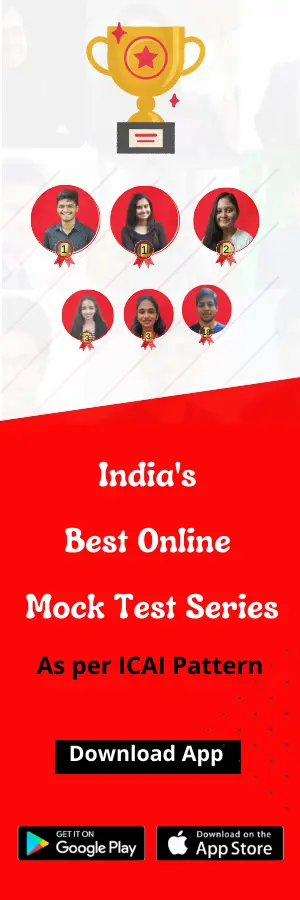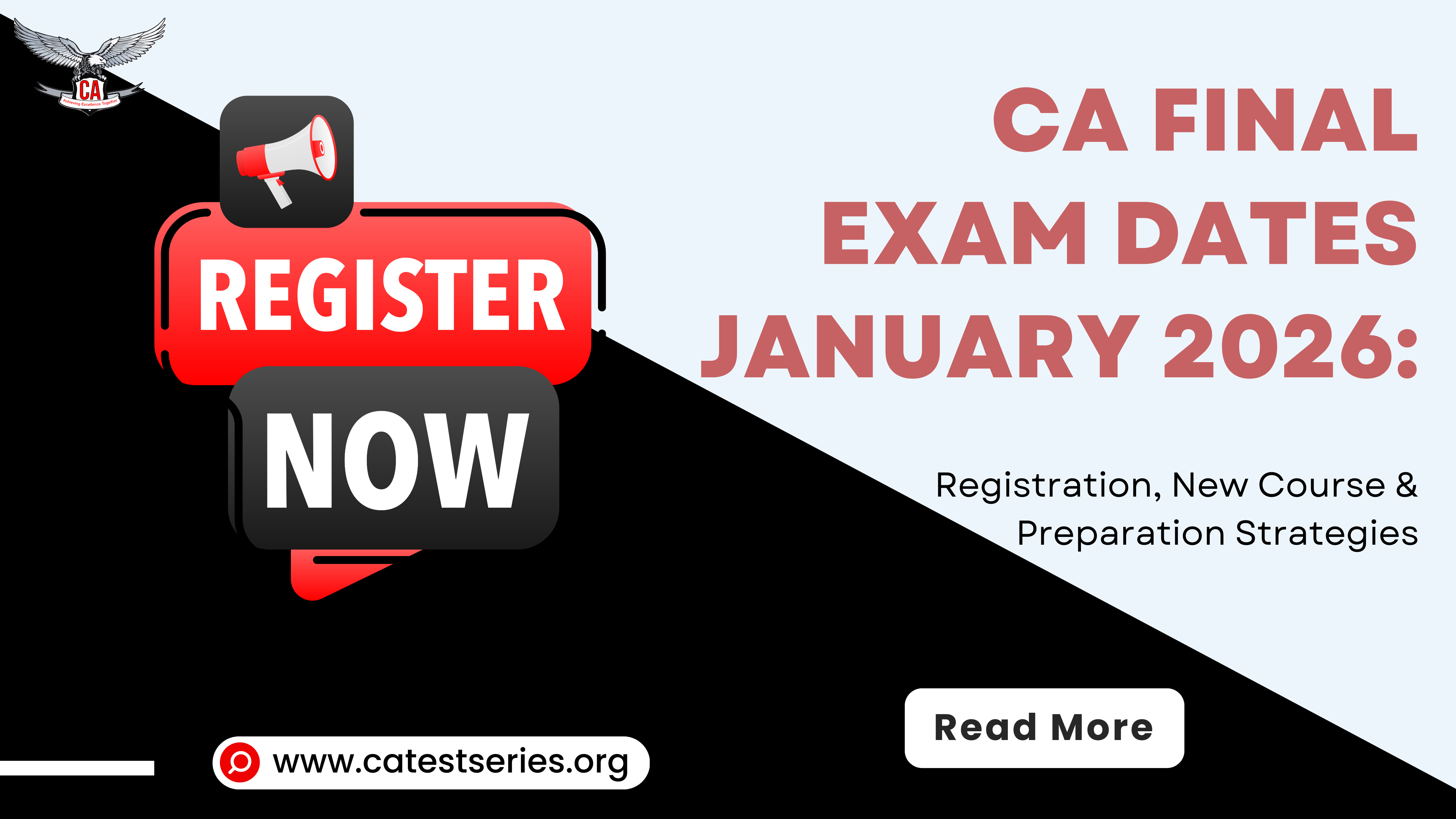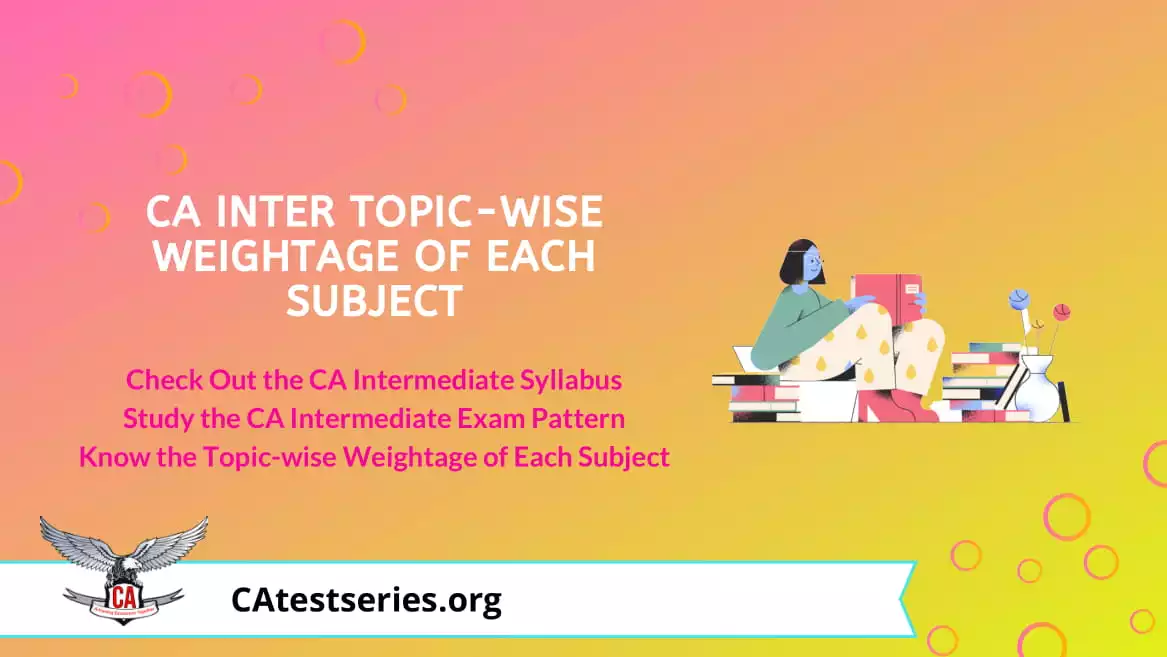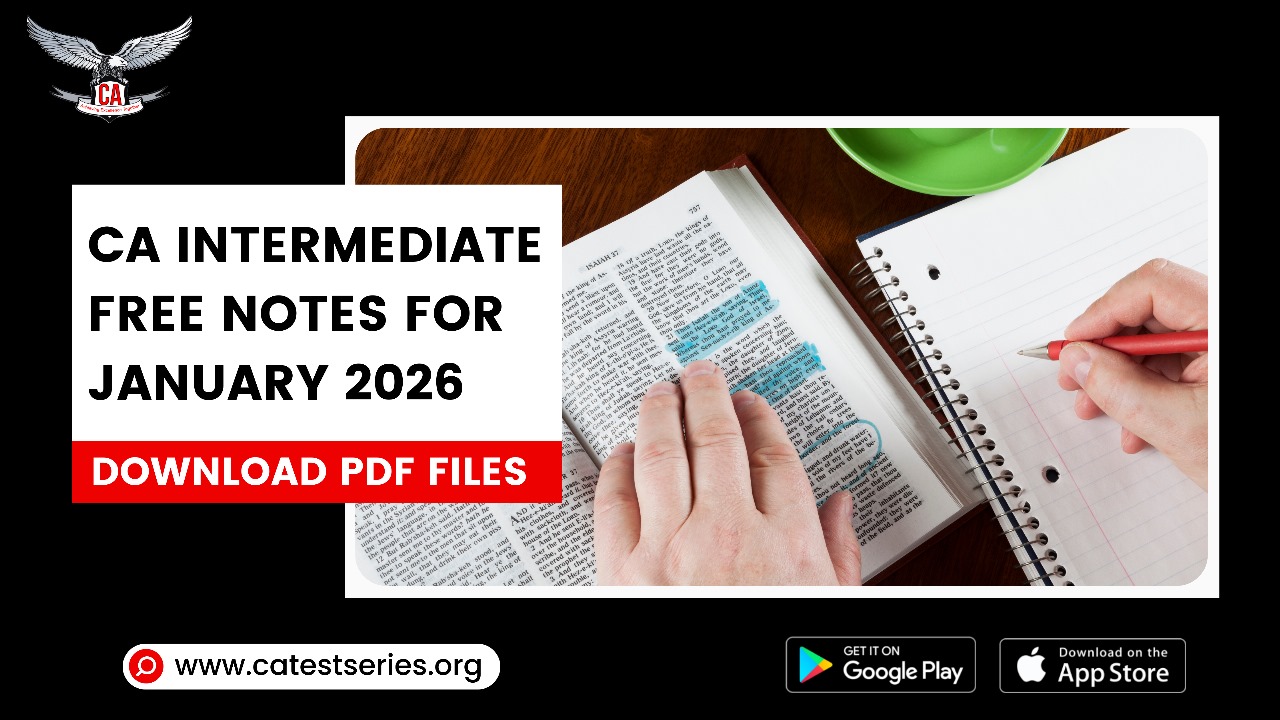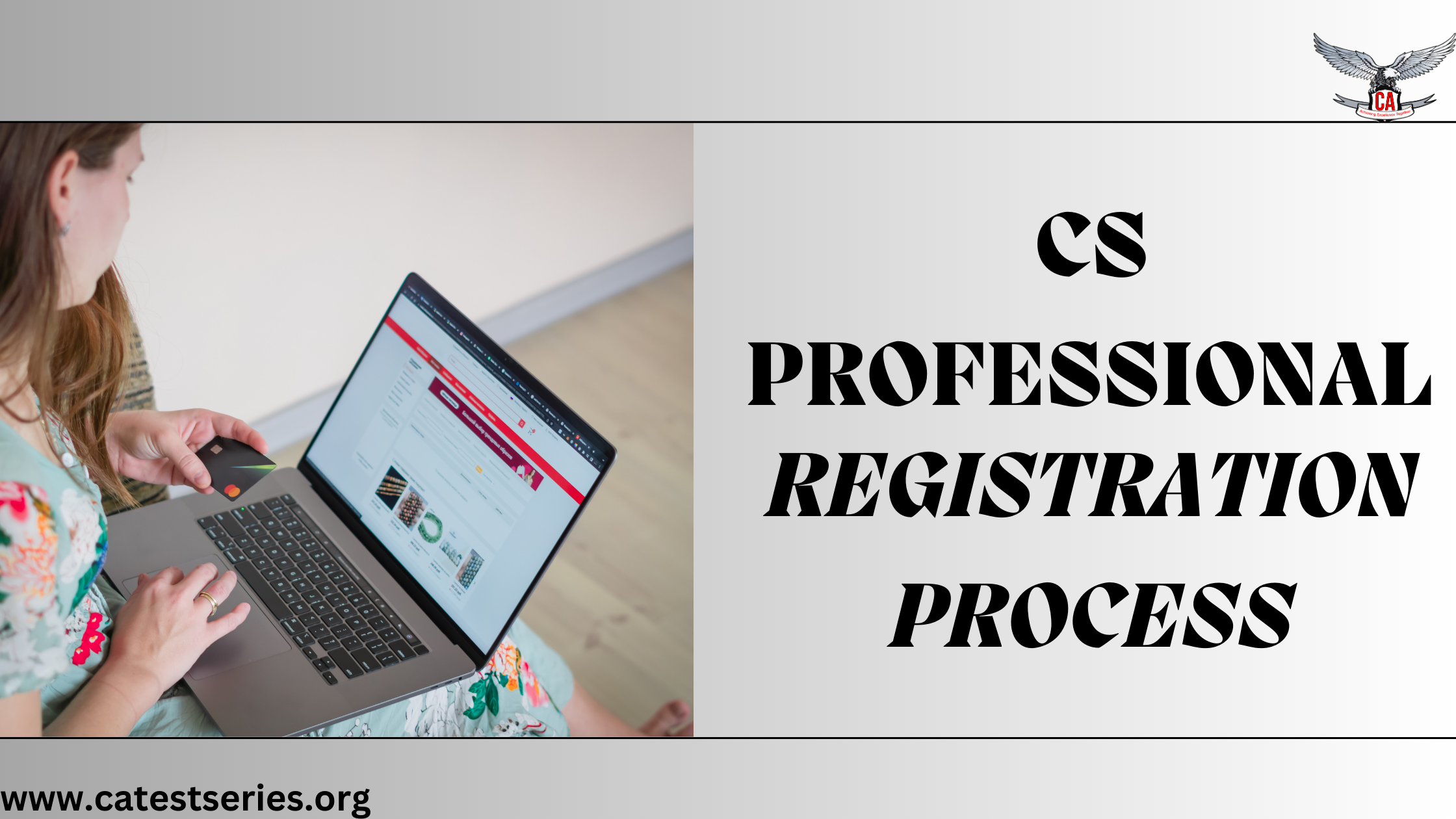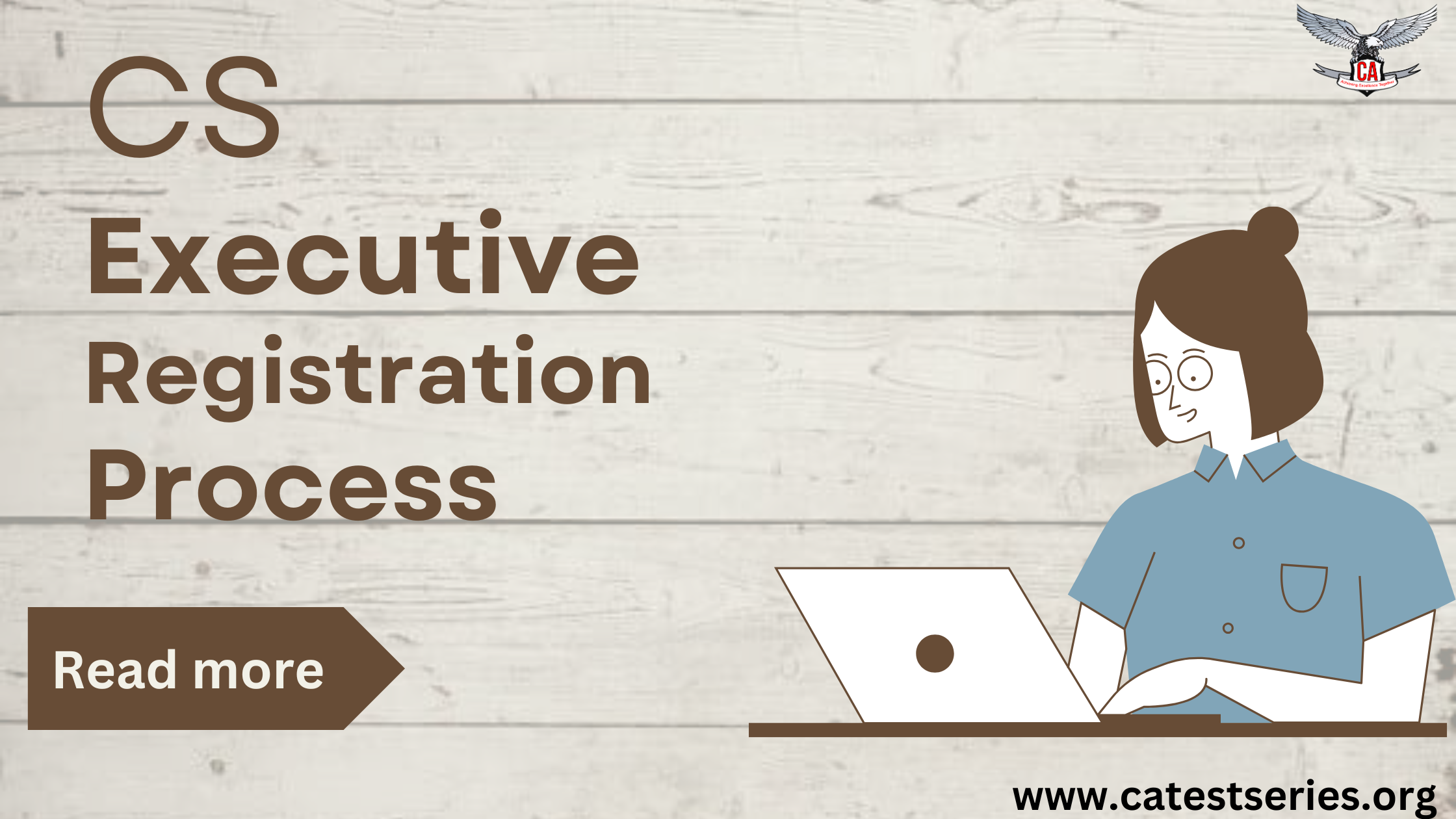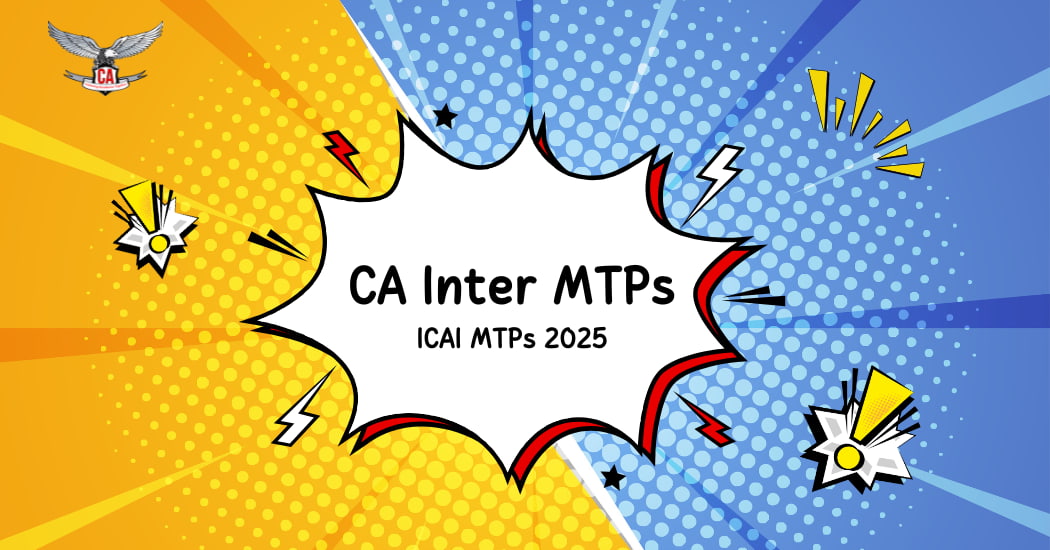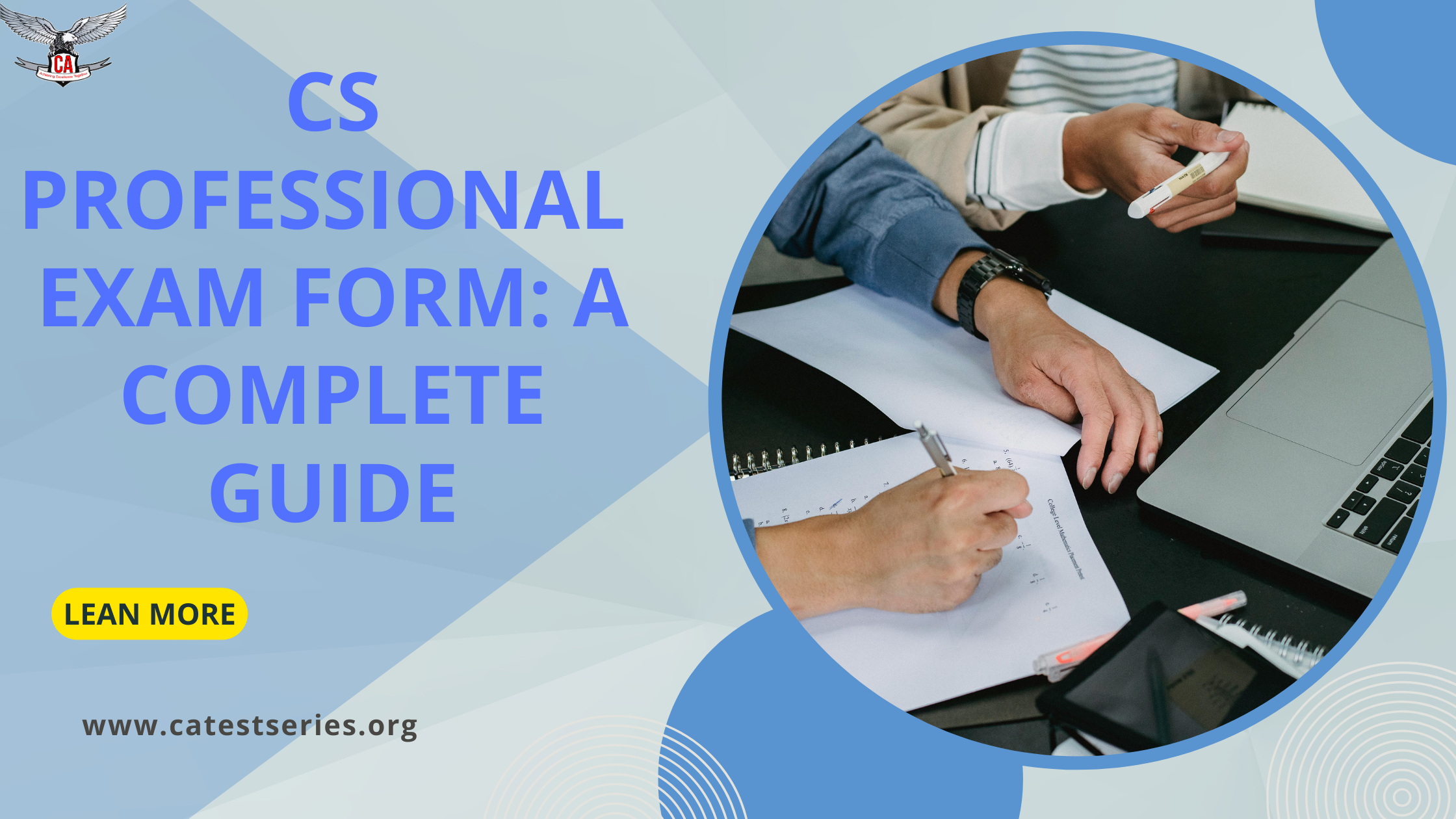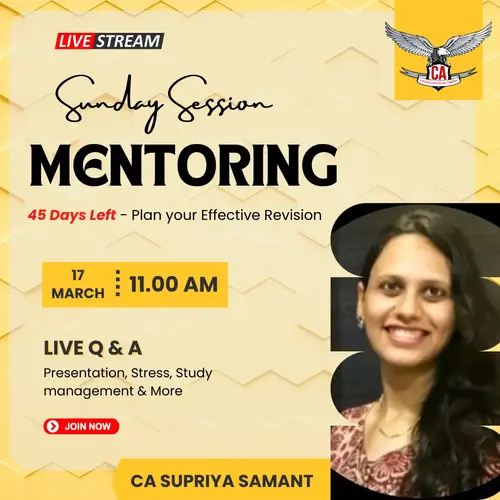CA New Course Study Strategy for Existing Students of Old Course
How CA Final Old Course Students Can Study For The New Course And How to Plan
Any new applicant interested in becoming a Chartered Accountant should be aware that the ICAI has issued the CA New Scheme of Education and Training for CA, which is effective from July 1, 2023. The first examination under the CA New Scheme will be held in May 2024.
Transitioning from the old course to the new course in the CA Final examination can be challenging, but with proper planning and dedication, it is certainly manageable.
Subject-Wise Preparation Strategy For CA FINAL
Strategic Financial Management
- Syllabus Understanding: Grasp the syllabus, exam pattern, and topic weightage.
- Study Schedule: Create a well-planned study schedule with focus on vital topics.
- Study Material: Rely on ICAI study material
- Conceptual Foundation: Build strong conceptual understanding with notes and diagrams.
- Past Papers: Solve previous years papers to understand the exam pattern.
- Self-Summary: Create and memorise summary notes for theory.
- Mock Tests: Take mock tests for self-assessment and identify areas for improvement.
Tips for Retaining Theory for CA Exams:
- Syllabus Understanding: Familiarise yourself with the syllabus and past question papers to identify key topics and their exam weightage.
- Study Materials: Stick to ICAI Study Material and use supplementary resources like CA Pankaj Garg Scanner for practice papers.
- Active Reading: Engage actively while reading by highlighting, underlining, and making notes to enhance focus and retention.
- Summarise and Paraphrase: Summarise sections in your own words to solidify understanding and memory recall.
- Visual Aids: Create visual aids like flowcharts and diagrams to visualise concepts and their relationships.
- Flashcards: Use flashcards to remember important definitions and concepts, reviewing them regularly.
- Practice Writing: Write essays or summaries to express concepts in your own words, aiding internalisation.
- Mock Tests: Take mock tests to evaluate your strengths and weaknesses, focusing on areas needing improvement.
- Final Revision: Allocate time for a final revision, reviewing key concepts, summaries, and handwritten notes while practising timed questions.
Effective Preparation for CA Final Financial Reporting (FR) Paper:
- Study Material: Stick to ICAI Study Material and supplement with Compiler for Past year RTPs, MTPs, and Question papers.
- Problem-Solving Practice: Engage in extensive problem-solving using ICAI Study Material and Compiler, focusing on INDAS application and adjustments.
- Self-Summary Notes: Create self-summary notes for both theoretical INDAS and practical adjustments. This aids in last-minute revision.
- Mock Tests and Self-Assessment: Take a mock test based on past year question papers after completing FR. Evaluate performance to pinpoint strengths and areas needing improvement.
- Revision: Dedicate ample time for thorough revision. Review crucial concepts, adjustment summaries, and accounting standards. Practice timed questions to enhance speed and accuracy.
Effective CA Final Indirect Tax (IDT) Preparation Strategy:
- Base Material: Use concept books and consider Yashwant Mangal sirs Concept book and Question bank for self-study.
- Revision Videos: Watch revision videos, such as those by Yashwant Mangal sir on YouTube, after initial reading for double revision and conceptual clarity.
- Question Solving: Focus on solving questions, especially for GST. Begin with a major portion of GST and then tackle challenging 14-mark questions at the end of topics like Input Tax Credit (ITC) for a thorough understanding.
- Cover All Topics: Dont overlook smaller topics, as they can yield valuable bonus marks. Aim for a score of 80+ by covering all relevant areas.
Effective CA Final Direct Tax (DT) Preparation Strategy
- Understand the Subject: Avoid rote learning and focus on deep comprehension of DT concepts.
- Concepts Over Questions: Emphasise understanding concepts rather than solely focusing on questions. Repeatedly review professors concept notes, like Atul Agarwal, for clarity.
- Time Management: Aim to complete your DT preparation efficiently. Gain mastery over the entire subject, even if challenging, rather than just individual chapters.
- Multiple Revisions: Implement three revisions: first with Bhanwar Borana and Arish Khan, second with Atul Agarwals revision videos, and a final revision using books, as active reading aids better recall during exams.
- Cover 100% Material: Dont ignore smaller topics. Read them multiple times without solving questions or relying on revision videos, enhancing your ability to handle diverse exam questions.
Self Paced Modules
It has 4 Sets -
- Set A -Corporate and Economic Laws - 100 Marks
- Set B -Strategic Cost and Performance Evaluation 100 Marks.
- Set C- Elective Subjects
(Any one Subject must be selected - 100 Marks.
- 1. Risk Management
- 2. Sustainable Development and Sustainability Reporting
- 3. Public Finance and Government Accounting
- 4. The Insolvency and Bankruptcy Code, 2016
- 5. International Taxation
- 6. The Arbitration and Conciliation Act, 1996
- 7. Forensic Accounting
- 8. Valuation
- 9. Financial Services and Capital Markets
- 10. Forex and Treasury Management
- Set D- Towards developing inherent traits of CA Students and incorporating Multi-disciplinary approach envisaged in NEP, 2020 (Any one Module must be selected - 100 Marks.
1. The Constitution of India & Art of Advocacy
2. Psychology & Philosophy
3. Entrepreneurship & Start-Up Ecosystem
4. Digital Ecosystem and Controls
E Books are available and For Set A and B -Physical Books are given.
(Exams will be conducted Online and Case Based Scenarios for Set A and B needs to be studied) Whereas for Set C and D- Mix Type of Questions will be asked.
These sets must be completed before giving Final CA Exams (50 % Marks criteria applies)- This Marks are for qualifying and wont be added in the Total Marks
No Negative Marking is there in this self Paced modules.It is A Home Based Test monitored properly and needs to be appeared before CA Finals.
- Multi- Disciplinary Case Study with Strategic Management Subject Strategy
Utilise ICAIs main book, case study digest, and case law book.
Reference must be given to any authors Book, you feel the best as per your understanding and interests
Strategy simplified.
1) Read the ICAI Module thoroughly 2-3 Times. Carry ICAI book in exam Hall. Also Take Less Books but Best Books. Understanding it open book doesnt necessarily mean- to take every Book. Less Books ,More Clarity during Exams.
2) Use Sticky Notes and Mark Headings- It will be a game saviour in Open Book Exams.
3) Make MCQ your Game Changer ( Concepts and small snippets of Short Topics will help you to perform better in exams and will save your Time.
Well-crafted Index and summary notes along with ICAIs revision capsule helps in well-rounded preparations.
Use ICAI language- This is the main observation and keep this in mind well.
How to Download ICAI New Course Material Directly from the ICAI Website
Visit the ICAI.ORG website or get the ICAI Mobile App.
- Hover your cursor over the student option in the menu bar.
- Select BOS Portal.
- Then, select Visit BOS Knowledge Portal.
- Finally, select the right course by clicking on Study Material
In conclusion, while the transition to the new CA course may present challenges, it also offers a faster path to becoming a Chartered Accountant and a more comprehensive learning experience. With careful planning, dedication, and a commitment to mastering the new curriculum, CA aspirants can navigate this transition successfully and emerge as highly competent professionals in the field of accountancy and finance.

